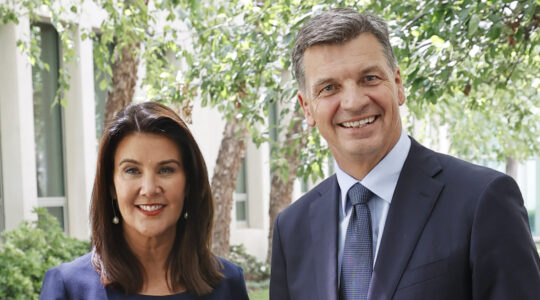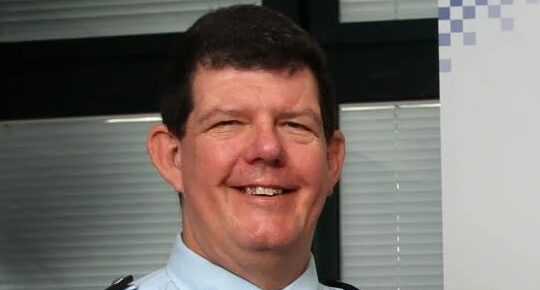By Shane Rodgers
One year when I was in high school, I got the second highest mark in every subject.
I got beaten by different people across most of the subjects. And at the annual Presentation Night, they each went up on stage and collected their subject prizes. I watched.
There is nothing wrong with second. But as a teenager I couldn’t help but feel that it might as well have been 10th. There were still no prizes.
I’ve seen the same thing happen time and again in the job market.
A few years ago, a young guy asked if I could spare half an hour to give him some advice on job hunting.
A few minutes into the conversation he was in tears. He had done three degrees, studied hard, done work experience and paid money to have a professional-sounding CV.
He had applied for lots of jobs and had made the final five shortlist on four occasions. But he never got the job. And this was destroying his confidence and career zest. This extremely talented guy was being eaten alive by a system he just could not make work.
Over the years I have had this same conversation countless times. So many people are really good and make the short list, but there is always someone who just has an edge over them. Sometimes you feel worse making the short list and missing out than not making the short list at all.
In the final interviews, you are so close to success you can taste it. Not getting the job at this point can be soul destroying.
When this happens over and over again, perennial short-listers inevitably ask: “What am I doing wrong?”
Usually when you do the post-mortem the answer is “nothing”. If you got that close, you are not doing anything wrong. Somebody else just did something a bit more right.
It is like winning silver or bronze at the Olympics. Sometimes someone else is just faster on the day. It’s a bummer but when there is only one prize there are always more disappointed people than winners.
When you are in one of those big, competitive job processes you cannot just tick the boxes. You really need to look for an edge and play your X-Factor. Being qualified and ticking all the boxes is seldom enough.
The longer I observe the workforce, the more I think the whole advertise-a-job and go through a process to find a person seldom produces the right result.
Over the years, I have done recruitments where I later found that the best person for the job didn’t even make the final 10. They were dropped out before any applications reached my desk.
Systematic processes and AI “bots” are seldom good at finding the X-Factor.
Like a lot of things in the workplace, I suspect recruitment is overdue for disruption.
How do we find people who really fit our cultures? How do we ensure that perennial short-listers don’t end up disillusioned and soul destroyed?
If we must use AI to filter people, how do we better train these bots to look for the right things, and not be ageist?
I get a lot of messages from really talented people who feel like failures, particularly if they are over 50 and trying to make a career change. It is easy to see how this happens.
We talk a lot about a skills shortage. I think broken work pipelines are just as big a problem at pretty much all levels of the job market (and particularly just after uni and from mid-forties onwards).
As the workplace continues to evolve rapidly, we need to think differently about what value people bring, and how to identify that. I suspect much of our best talent is currently wasted or poorly utilised.
Shane Rodgers is the author of Worknado – Reimagining the way you work to live.








